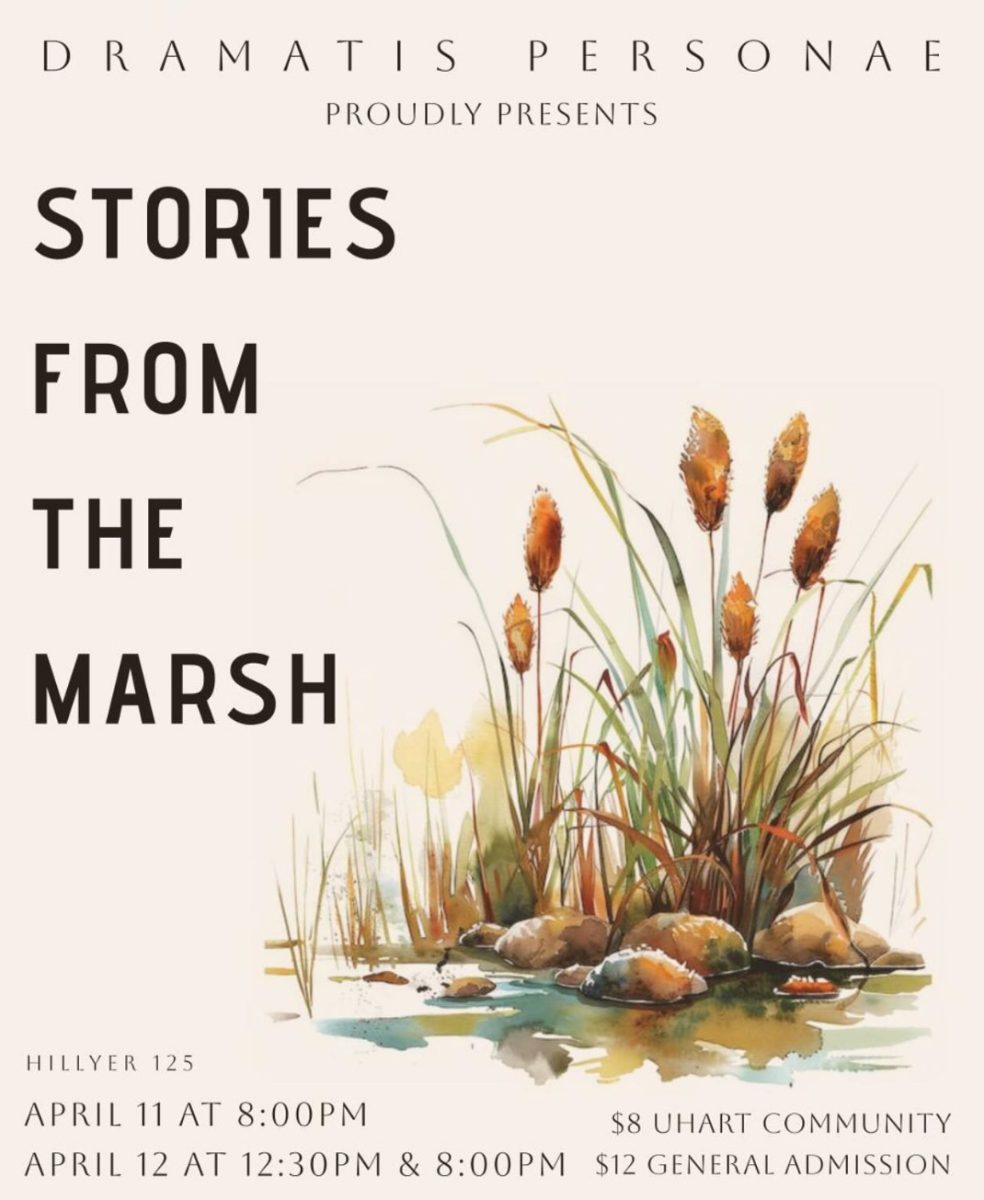Trouble with Movie Remakes

November 9, 2022
Throughout the years, there have been many readaptations and remakes of films that have either been cult classics, or close to being a flop. Some of these movie recreations stem from new advancements within the cinema world, such as color, using voice, and CGI.
Films such as The Thing (1982), based on The Thing from Another World (1951); A Star is Born (2018), the third retelling of A Star is Born from 1937; and The Wizard of Oz (1939), based on the silent film of the same name from 1925, have been just as, if not better, than the originals that they are based on. Truly showing the spark within the original film and resharing it with the world.
On the other hand, there are movies that should not have been remade due to the original being considered a cult classic, or it already being a low rated film. Films such as Psycho (1998), based on the 1960 film of the same name; Pet Sematary (2019), based on the 1989 film of the same name, which in turn is based on Stephen King’s novel; and Charlie and the Chocolate Factory (2005), based on Willy Wonka and the Chocolate Factory (1971), cannot hold up when compared to the films they are based on.
1998 Psycho is extremely close to the original 1960 film, lining up almost shot for shot and line for line. The remake is redundant and doesn’t add anything to the original. The only difference is the transfer from black and white to color and some gory images. Since the two films are so closely related, the remake felt unnecessary and pointless. The acting in Psycho (1998) was very underwhelming and Vince Vaughn was not the best fit to play Norman Bates.
1989 Pet Sematary, while a movie favorite of mine, was not well received when it had come out. It seemed that a remake would be inevitable, trying to find what the original film was lacking. However,
2019 Pet Sematary didn’t do much better than the film it was based on. The remake relied too heavily on jump scares, trying to make the movie scarier than it really was. I will say, the twist of the daughter, Ellie, being struck by the truck instead was a good element of surprise. However, I feel Ellie’s character is old enough to have known not to be in the street.
Another change is the exclusion of the Timmy Batterman story; instead, it is replaced by the story of Jud’s dog after he buried it in the burial ground. It is here where both versions of the character say the line “sometimes, dead is better”. I feel this changes the character of Jud,
When I first watched Willy Wonka and the Chocolate Factory when I was young, the boat ride scene petrified me. I would bury my head in a pillow until the scene was over. I also remember feeling bored at the beginning of the film and many of the jokes flew over my head. Charlie and the Chocolate Factory, however, was a film I was able to keep up with. The colors and the overall imagery captured me as a child. I found myself enjoying the songs and liking how Willy Wonka didn’t yell at Charlie at the end. As I got older, Willy Wonka and the Chocolate Factory started making sense to me. I understood the jokes and the boat scene no longer scared me. I also began to appreciate Gene Wilder’s portrayal of Willy Wonka, although I will always dislike the song “Cheer up Charlie”.
After gaining an appreciation for the original film, any flare I felt for the remake went out the window. The music became annoying, and everything felt over the top and silly. Charlie and the Chocolate Factory lacked the character of Willy Wonka. Compared to Gene Wilder, Johnny Depp’s Willy Wonka seemed to be too caring, giving out genuine warnings and trying to prevent the children from misbehaving. Gene Wilder’s Willy Wonka was very uncaring, never
attempting to help the kids, just giving half-hearted pleas of “please, don’t”, knowing that the children will not listen to him. Although, I suppose that’s what Charlie and the Chocolate Factory was made to do, be a film that children could enjoy while getting to enjoy the adventures of the chocolate factory.









